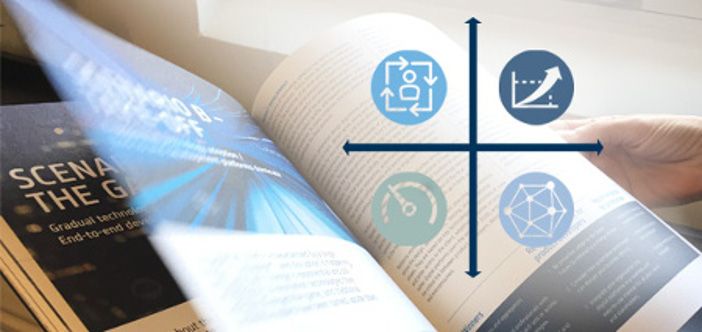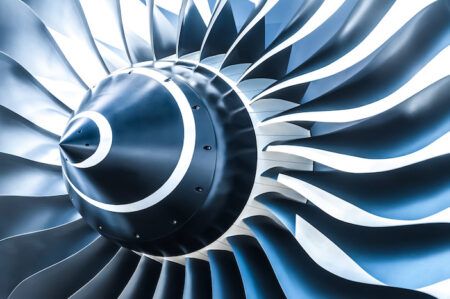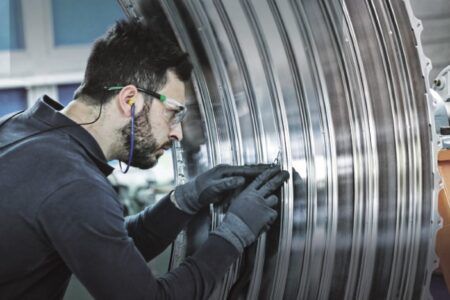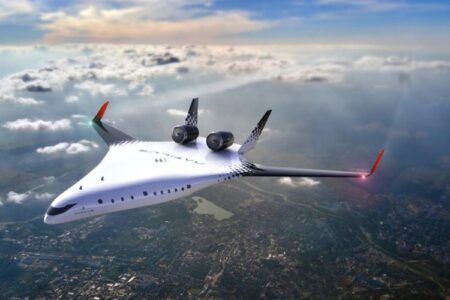Sound and vibration measurement company Bruel & Kjaer has released a report that presents recommendations for how product development engineers can deal with future technological changes.
Beyond Tomorrow Scenarios 2030 is based on a series of interviews with a panel of test and measurement experts from across industrial sectors, including aerospace, and an online survey of 1,000 people working with sound and vibration in product development.
The report was produced by the Copenhagen Institute for Futures Studies and launched at event to celebrate Bruel & Kjaer’s 75th anniversary on December 4.
The report considers the future development of ‘megatrends’ such as urbanization, technological development and individualization, against two situations – one where large global technology companies own and run an end-to-end platform for product development, and one where lots of decentralized, independent systems are used.
The four future scenarios devised include: one where technology has not impacted product development much; one where there has been exponential technology adoption controlled by large companies, one where there has been exponential technology adoption by lots of smaller organizations, and one where the pace of change has been managed by society through regulation.
Speaking at the anniversary event in Copenhagen, Carsten Beck, director of the Copenhagen Institute for Futures Studies, said, “The future tends to lose out to the present. For someone in product development to act on these recommendations you need senior management backup from the CFO and CEO. It’s about having the right mindset to prepare for the future.”
The more effective digital storage, analysis and sharing of data was identified as an important area to improve by the report.
Arnaud Talon, head of vibration and dynamics measurement group at aerospace engine-maker Safran, said, “Networking is very important to us. We store and use a large amount of data and it is difficult to manage and analyze.
“Networking and big data analysis will help the specialist understand problems and show clues to solve them in a dataset. We want to keep the experts – the brain – in the loop and make it so they do not waste time interrogate and handling the data.
“Open standards are the key. It is difficult to use data with another system because of the proprietary nature of the data. But it is our data and it should be up to us where we send, analyze and discuss it.





